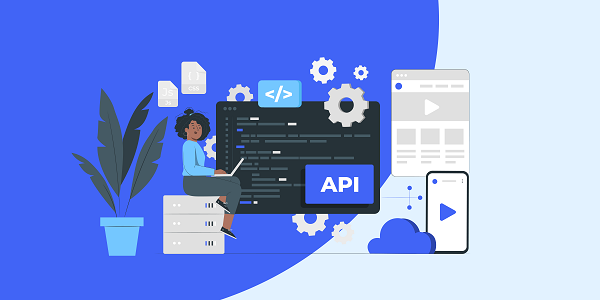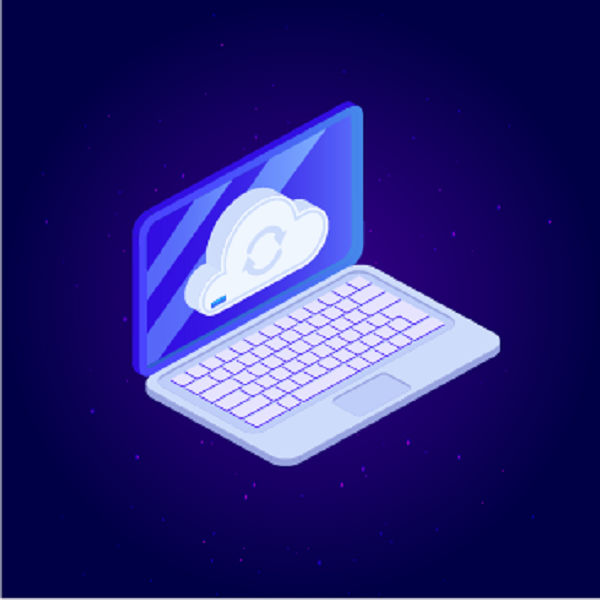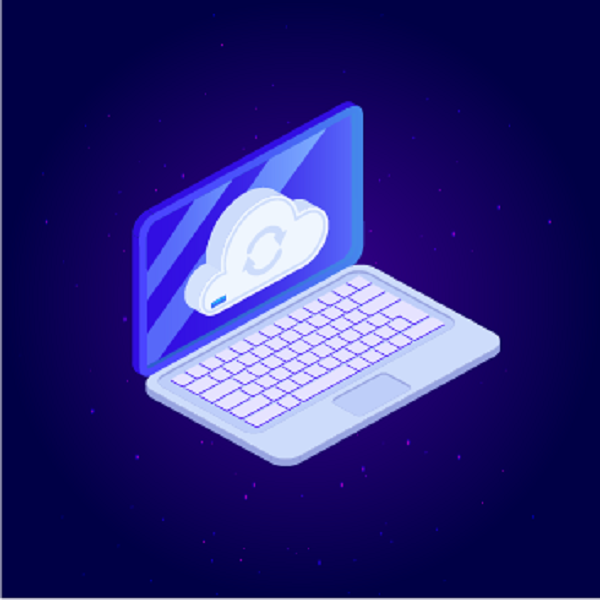Residential Proxies
Allowlisted 200M+ IPs from real ISP. Managed/obtained proxies via dashboard.

Proxies Services
Residential Proxies
Allowlisted 200M+ IPs from real ISP. Managed/obtained proxies via dashboard.
Residential (Socks5) Proxies
Over 200 million real IPs in 190+ locations,
Unlimited Residential Proxies
Unlimited use of IP and Traffic, AI Intelligent Rotating Residential Proxies
Static Residential proxies
Long-lasting dedicated proxy, non-rotating residential proxy
Dedicated Datacenter Proxies
Use stable, fast, and furious 700K+ datacenter IPs worldwide.
Mobile Proxies
Dive into a 10M+ ethically-sourced mobile lP pool with 160+ locations and 700+ ASNs.
Scrapers
Collection of public structured data from all websites
Proxies
Residential Proxies
Allowlisted 200M+ IPs from real ISP. Managed/obtained proxies via dashboard.
Starts from
$0.6/ GB
Residential (Socks5) Proxies
Over 200 million real IPs in 190+ locations,
Starts from
$0.03/ IP
Unlimited Residential Proxies
Unlimited use of IP and Traffic, AI Intelligent Rotating Residential Proxies
Starts from
$1816/ MONTH
Rotating ISP Proxies
ABCProxy's Rotating ISP Proxies guarantee long session time.
Starts from
$0.4/ GB
Static Residential proxies
Long-lasting dedicated proxy, non-rotating residential proxy
Starts from
$4.5/MONTH
Dedicated Datacenter Proxies
Use stable, fast, and furious 700K+ datacenter IPs worldwide.
Starts from
$4.5/MONTH
Mobile Proxies
Allowlisted 200M+ IPs from real ISP. Managed/obtained proxies via dashboard.
Starts from
$1.2/ GB
Scrapers
Web Unblocker
Simulate real user behavior to over-come anti-bot detection
Starts from
$1.2/GB
Serp API
Get real-time search engine data With SERP API
Starts from
$0.3/1K results
Scraping Browser
Scale scraping browsers with built-inunblocking and hosting
Starts from
$2.5/GB
Documentation
All features, parameters, and integration details, backed by code samples in every coding language.
TOOLS
Resources
Addons
ABCProxy Extension for Chrome
Free Chrome proxy manager extension that works with any proxy provider.
ABCProxy Extension for Firefox
Free Firefox proxy manager extension that works with any proxy provider.
Proxy Manager
Manage all proxies using APM interface
Proxy Checker
Free online proxy checker analyzing health, type, and country.
Proxies
AI Developmen
Acquire large-scale multimodal web data for machine learning
Sales & E-commerce
Collect pricing data on every product acrossthe web to get and maintain a competitive advantage
Threat Intelligence
Get real-time data and access multiple geo-locations around the world.
Copyright Infringement Monitoring
Find and gather all the evidence to stop copyright infringements.
Social Media for Marketing
Dominate your industry space on social media with smarter campaigns, anticipate the next big trends
Travel Fare Aggregation
Get real-time data and access multiple geo-locations around the world.
By Use Case
English
繁體中文
Русский
Indonesia
Português
Español
بالعربية

Understanding Proxy Servers: Definition, Uses, and Types
In the world of internet and networking, a proxy server plays a crucial role in facilitating communication between different devices and servers. But what exactly is a proxy server, and how is it used in various scenarios? Let’s delve into the details of proxy servers, exploring their definition, uses, and types.
A proxy server acts as an intermediary between a user’s device and the internet. When a user requests a webpage, file, or any other resource, the request is first sent to the proxy server, which then forwards the request to the internet on behalf of the user. The response from the internet is also routed through the proxy server before reaching the user. This process helps in enhancing security, privacy, and performance.
1. Improved Security: One of the primary uses of a proxy server is to enhance security by acting as a barrier between the user’s device and the internet. It can filter out malicious content, block certain websites, or encrypt data to protect against cyber threats.
2. Anonymity and Privacy: Proxy servers can mask the user’s IP address, making it harder for websites to track their online activities. This helps in maintaining anonymity and privacy while browsing the internet.
3. Content Filtering: Organizations often use proxy servers to control and monitor the internet usage of their employees. By implementing content filtering policies, they can restrict access to certain websites or types of content.
4. Access Control: Proxy servers can also be used to regulate access to specific resources on the internet. For example, restricting access to social media sites during work hours or limiting bandwidth for certain applications.
1. Residential proxies
A residential proxy is an IP address provided by an ISP to a homeowner. It is a real IP address attached to a physical location, thus allowing users to imitate organic browsing behavior when web scraping. This reduces the chances of being blocked, and hiding real IP behind this type of proxy allows for higher levels of privacy.
2.Datacenter proxies
A datacenter proxy is not affiliated with an ISP, and it only imitates a real internet connection. They come from a secondary corporation and provide you with completely private IP authentication and anonymity.
3. SOCKS5 proxy
SOCKS5 proxies are used for traffic-intensive network tasks, such as uploading or downloading files, content streaming, VoIP or video calls, and others. Learn more about SOCKS vs HTTP proxies.
4.Static residential proxy
Originating from data centers, static residential proxies can be defined as a combination of data center and residential proxies, offering an exceptionally stable, fast, and anonymous experience to the end-user.
5.HTTP proxy
An HTTP proxy is used for multiple purposes. These proxies can serve two mediating roles – as an HTTP client and HTTP server for security and multiple other uses. Acting as a tunnel, the HTTP proxy routes HTTP requests from a web browser to the internet. It also has support for useful features such as caching web data for faster load speeds.
This proxy type allows for tunneling, which means that it can route traffic, acting as a middle-man between a client and their destination. Its usefulness lies in enabling setting up custom rules which make things like content filtering or website caching possible.
6. Rotating proxies
Rotating proxies, or rotating residential proxies, are harder to detect due to their rotating nature (meaning the proxy IP will continuously change and keep you block-free) and are ideal for challenging targets from various global locations.
| Proxy Type | Functionality | Configuration | Security | Performance |
|---|---|---|---|---|
| Residential Proxies | Mimics organic browsing behavior for web scraping | Configurable by ISP | Higher privacy due to real IP addresses | Variable depending on ISP policies |
| Datacenter Proxies | Imitates a real internet connection | Typically easy to configure | Offers anonymity but less privacy compared to the residential proxy | Generally offers high performance |
| Private Proxies | Used only by one user | Typically easy to configure | Provides high levels of privacy and security | Generally offers high performance |
| SOCKS5 Proxies | Used for traffic-intensive network tasks | Configuration varies by provider | Offers encryption and authentication for security | Generally offers good performance |
| HTTP Proxies | Used for HTTP requests and can act as a tunnel | Configuration varies by provider | Provides encryption | Generally offers good performance |
Proxies for personal use
There are several reasons for individuals or organizations to use a proxy.
Firstly, for regular internet users, a proxy could come in handy if there is a need to browse the internet more privately. On top of the privacy factor, proxy servers can also improve security levels if the proxy server is correctly configured as users can encrypt their internet requests.
What’s more, a proxy tied to a specific location can unlock geo-blocked content, even if the real IP address doesn’t have the privilege to access this particular information.
Proxies for business use
On a business level, the same factors come into play, as discussed above. Furthermore, proxy servers are widely used internally to control and monitor internet usage among organizations themselves.
Externally, many businesses use proxies to carry out their day to day operations. For instance, ad verification is used by companies harness proxies to check advertisers’ landing pages anonymously. Whereas, travel fare aggregators use proxies to scrape flight prices without IP blocks or bans.
Proxies can also be used to get pricing data (e.g. for MAP monitoring), buy limited edition products, create and manage social media accounts, and for many other reasons.
Proxies have a wide variety of advantages for nearly any internet user. From opening up business opportunities and increasing potential profits to enhanced privacy and security when browsing, web proxies can provide something for everyone. If you have any questions about proxies or would like to find out more about any specific topic, please contact us at support@abcproxy.com.
Featured Posts
Popular Products
Residential Proxies
Allowlisted 200M+ IPs from real ISP. Managed/obtained proxies via dashboard.
Residential (Socks5) Proxies
Over 200 million real IPs in 190+ locations,
Unlimited Residential Proxies
Use stable, fast, and furious 700K+ datacenter IPs worldwide.
Rotating ISP Proxies
ABCProxy's Rotating ISP Proxies guarantee long session time.
Residential (Socks5) Proxies
Long-lasting dedicated proxy, non-rotating residential proxy
Dedicated Datacenter Proxies
Use stable, fast, and furious 700K+ datacenter IPs worldwide.
Web Unblocker
View content as a real user with the help of ABC proxy's dynamic fingerprinting technology.
Related articles

How to improve data acquisition efficiency through wget proxy user
This article analyzes the technical principles and application scenarios of the wget tool combined with the proxy IP, and discusses how to optimize the data acquisition process through the proxy service of abcproxy to improve efficiency and stability.

What is a proxy crawler
This article systematically analyzes the core technical principles, typical application scenarios and practical solutions of proxy crawlers, explores how proxy IP can improve crawler efficiency and stability, and provides technical references for developers.

How to efficiently download images using Python requests
This article explains in detail the core technology of Python request to download pictures, analyzes the anti-crawling response strategy and the application of proxy IP, and helps developers implement efficient and stable picture collection solutions.